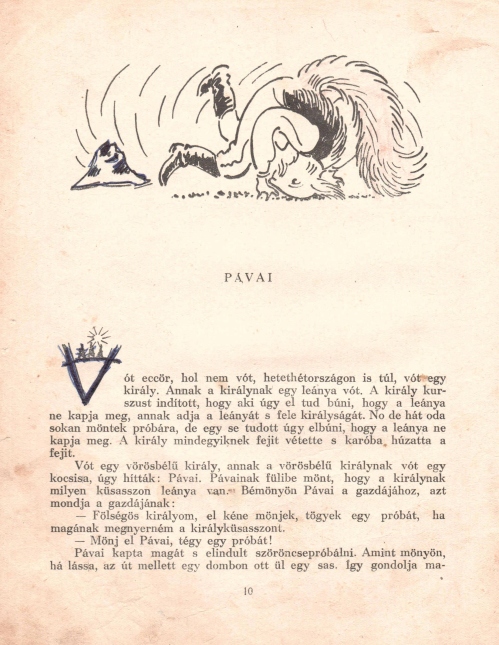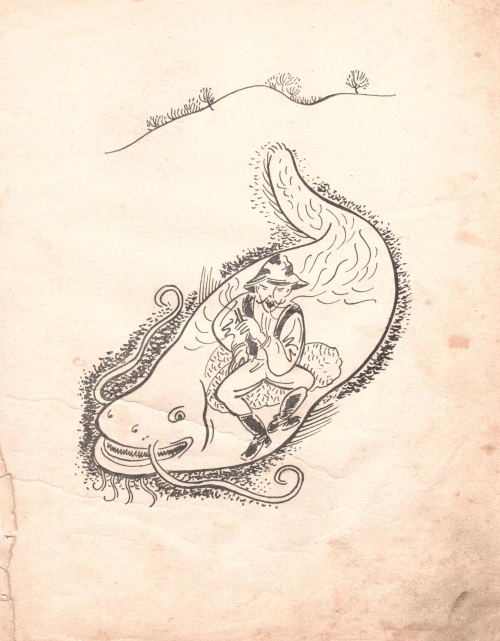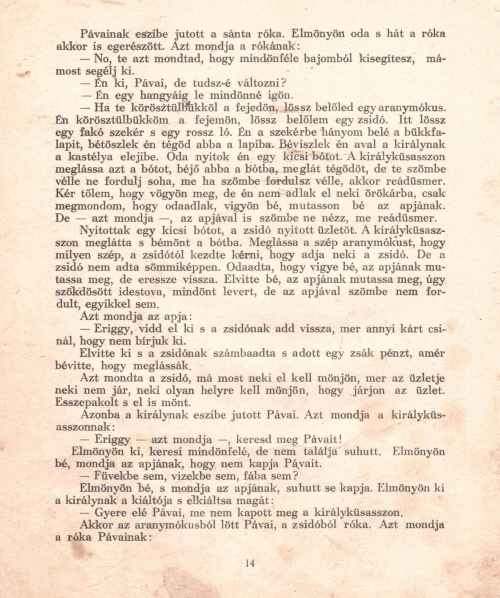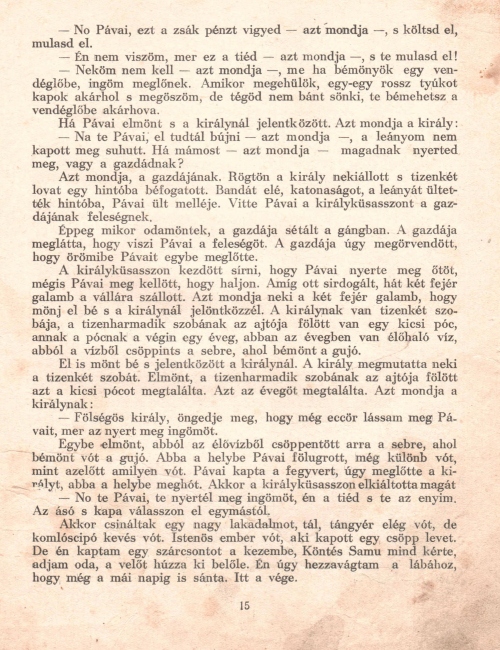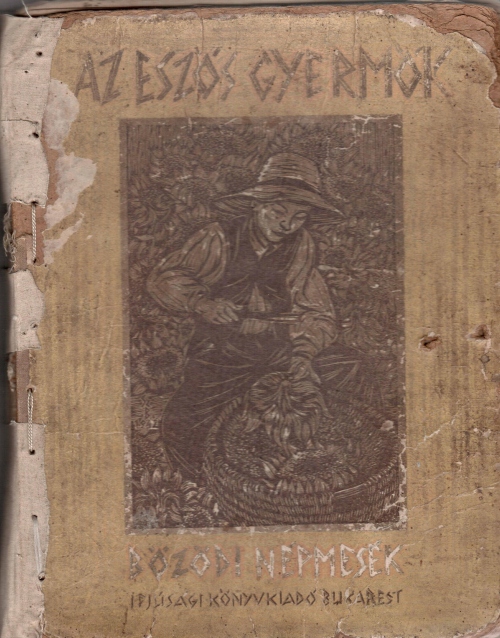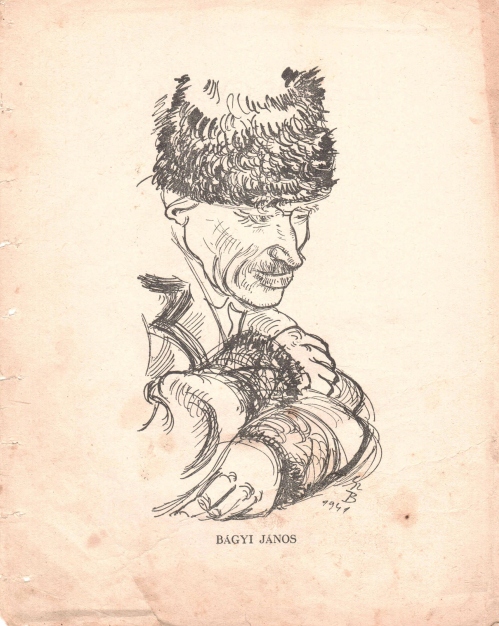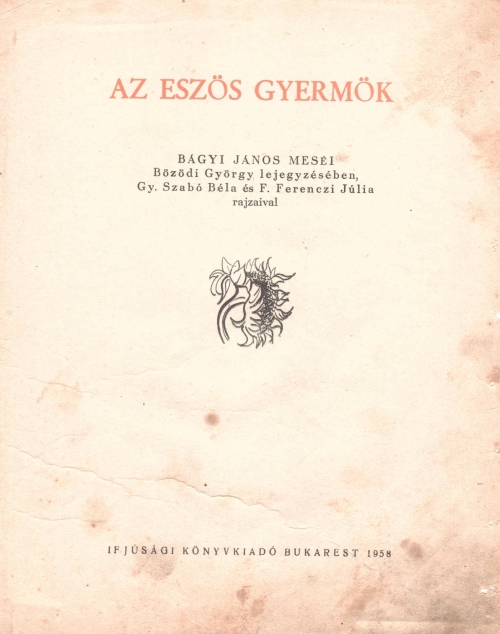Recent newspaper headlines are flooded with the ‘migration crisis’ Europe is witnessing. We are bombarded with information from newspapers and news outlets that span the whole political spectrum. Leftists decry the lack of humanity and solidarity shown by Europe as a whole or the intolerance shown by specific countries. Rightists and especially the extreme right foreshadow the demise of Western society, the ‘flood’ of terrorists, etc. Conspiracy theorists on the other hand view this as a masterplan of the US to bring Europe to its knees.
In all of this media frenzy one tends to side with whichever information feels more convenient for his/her own convictions. We often see numbers and statistics floated and used in the interest of a specific political ideology to which the relevant news provider belongs to. Leftists will argue that for e.g. 1 million refugees only constitute X percentage of the total of 510 million people living in the EU (another 13 million if we add the non-EU Norway, Iceland, Lichtenstein and Switzerland, which are also members of the Schengen Zone). Rightists will use the same figures to predict the exponential rise of ‘incomers’ in the upcoming decades.
What I fail to see in the media (leaving behind the focus on individual tragedies, crying children, apocalyptic predictions of a fading European civilization, etc.) are balanced discussions about what exactly are the implications of this recent wave of migration. Here are some of my own observations. I would like to keep a balanced approach, since politically I tend to be somewhere in the center (either left or right, depending on the issue).
- The Numbers
I would like to discuss the numbers a bit. This year we have seen record crossings into Greece, Hungary, Italy, Malta, etc. In some cases over 50.000 people just in the month of July in one country alone. It is safe to say that by the end of the year over 1 million people will have entered the territory of the EU.
Now, let us take this number, 1 million. This is roughly 0.2 % of the EUs population. So you can argue that the EU should be able to handle this. But here are some other aspects of this number. This number is not dispersed evenly among the EU member states and represents a very short span of time. Some countries are more affected at the entry point (Greece, Hungary, Italy), while other countries will be more affected as the final destination (Sweden, Germany). By the end of the year roughly 800.000 asylum seekers will look for Germany as an end destination. This is roughly 1 % of the population of Germany. Now you might argue that this number is insignificant for a rich country such as Germany, since countries such as Turkey and Lebanon have a lot more (Syrian) refugees. However, there are two points I want to make here.
First, whether it is 1%, 5% or 0.5%, 1 million people represent 1 million people. I am not sure if you have ever seen 1 million people in one spot, but I can give you a hint. An average football stadium takes in 50.000 people. Multiply this by 20. And this is only for 2015. Who knows how many people will attempt to enter the EU next year. Second, it is one thing to be provided a tent with the lack of basic facilities in southern Turkey, but in the EU and especially in countries such as Germany and Sweden, some standards will need to be met. Even for a country like Germany, to provide a home for 800.000 people, with medical care, education, subsistence allowances is not an easy task. It will put a massive strain on the already strained public budgets. For poor countries such as Greece and Hungary this is an impossible task. As we all know, Europe’s economy is not exactly thriving. So this is a factor people need to start discussing and thinking. What standards do we apply for refugees, how much will it cost our societies and who will pay for this?
- The Elephants in the Room
I think there are several ‘elephants in the room’ when it comes to the recent migrant crisis, which are either not discussed by leftist groups or exacerbated by right wing extremist groups.
a. Religion and culture
Modern Europe as such has had a tumultuous history. Its current form, social values, democratic ideals are based on a primarily Christian foundation, followed by the Enlightenment, two devastating world wars, the Cold War, the rise and fall of fascism and communism, the struggle for women’s rights, gender equality, the hurdles of the common European project, etc (and some of these struggles are still present in various member states).
A lot of the new refugees come from societies (predominantly from North Africa and the Middle East) that have a different history and different factors that have influenced their social values. Sometimes these values are compatible with the current European values, sometimes they are not. This is a concern that many people share and which is almost never publicly discussed. It unfortunately ends up in racist slurs on online forums and in online comments, instead of having open debates about it. People want to know whether the arrival of hundreds of thousands of new people every year will end up eventually changing the social values for which most European countries have fought for centuries or whether these European values will prevail. And this leads to the next elephant in the room.
b. ‘Multikulti integrazion’ is not always working
I did not say this, but ‘good old’ Angie Merkel several years ago when she stated that the ‘multikulti’ integration model has failed. Now, I would not be so fatalist about this like Merkel, since a lot of immigrants from various backgrounds managed to integrate perfectly well into various European societies and have brought fame to their countries (look at Swedish-Moroccan singer Loreen who won the Eurovision song contest or German-Turkish football player Mesut Ozil).
But, there are also many problems not properly addressed, such as the formation of ghettos and parallel societies in Denmark, Sweden, Germany, the Netherlands, Belgium, France, etc. We tend to shove these problems under the carpet and if someone even mentions that some of the people who have troubles integrating have an immigrant background, that person is automatically labelled as racist. But I do think there are problems with integration and there are problems with rising extremism among some second generation immigrant youths. It is quite sad to see that from the foreign recruits of ISIS, a huge chunk comes from countries such as France, Germany, Denmark, etc.
Since some of the new people fleeing to Europe come from countries or geographical areas from which we can see that certain people have problems integrating in the future, I think the question is valid: can we integrate all of them? Will we see newer ghettos emerging? Are our social values going to be challenged in the future? And this is connected to my third idea.
3. The possibility to remain
One might say that these concerns are not valid since most refugees will return home. Well, I would disagree with this. I am not sure if statistics exist or not, but most people who will be granted the chance for a new and better life in a country will not return to the country they fled from, especially if the conflicts there will be raging for many years to come. So this leads back to point (b), whether the upcoming generations of new arrivals will be able to integrate, or whether we end up creating parallel societies.
4. The rise of European right-wing extremism
There are two sad truths. One is that for the last decade or so, exacerbated by the economic crisis, right-wing extremism is on the rise in Europe. Two, Europe is not as tolerant as one might think and history has taught us that this can be one of the bloodiest continents. I am afraid that with new waves of people right-wing extremism will rise. At the end of the day, whether we like it or not, human beings still have group mentalities of “us” vs. “them”. I wish John Lennon was right and we could all live in peace and harmony, but I think history teaches us otherwise. Furthermore, I think the more we do not discuss these issues, the more some people will feel that their governments have ‘betrayed’ them and will turn to extremist ideas.
5. We need immigrants anyway
The second to last elephant in the room refers to the EU’s aging population and how we need new people if we want to have a thriving future economy. However, I think using the migrant crisis as an argument for the need for Europe’s population to grow is a mistaken one. First, I think for the purposes of long term prosperity countries should be able to choose the foreign workforce they need. Large scale migrations, most of which are from war-torn areas should not be used for such purposes. These are not planned events but situations of emergency. Second, if we truly want to combat Europe’s aging population, let’s also discuss other problems, such as the late age at which couples have children, the small number of children in families and the unwillingness of many Europeans to form families.
6. The message it sends
Lastly, we have to differentiate between people who seek refuge from war-torn areas and people who are economic migrants, looking for a financially better life. I think in the case of the latter people need to go through the standard formalities if they want to seek employment in the EU, as harsh as this sounds. If we loosen these standards, and visas, permits, etc just become empty formalities we send the message that Europe is free for anyone to enter. Now, I know this is what the utopians want to believe, but reality is unfortunately different.
With the above in mind, I think we need more realistic debates about the recent migration crisis taking into consideration the afore-mentioned taboos we like to scrape under the carpet.
Den Haag, 24 Aug 2015

